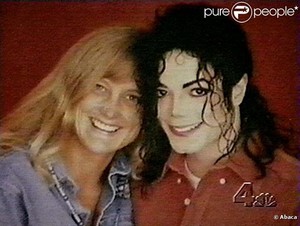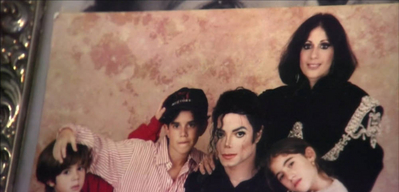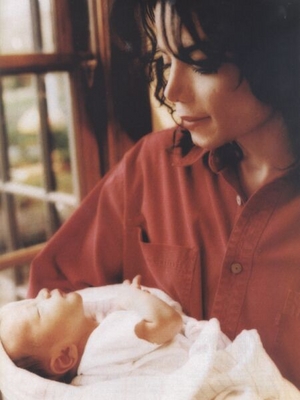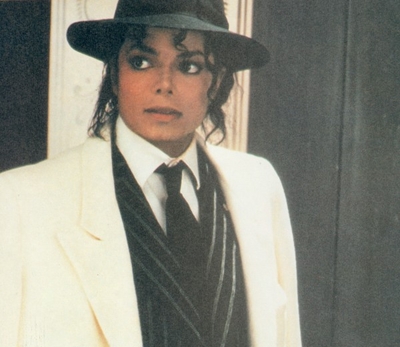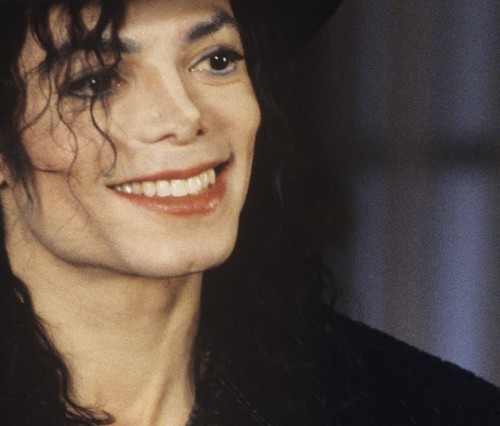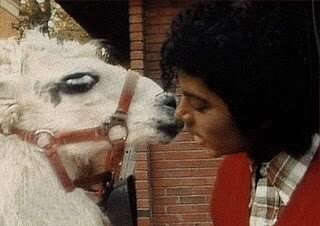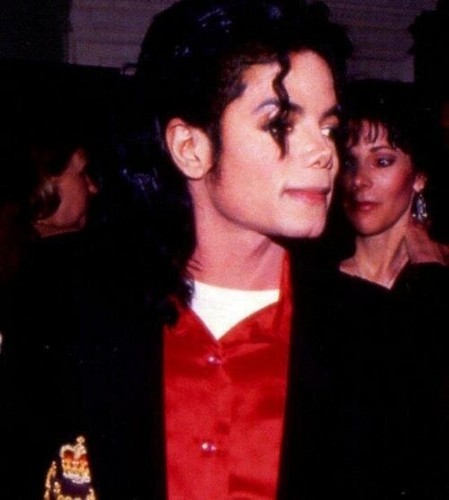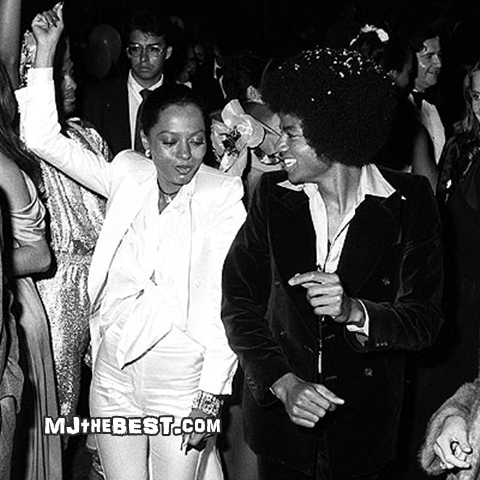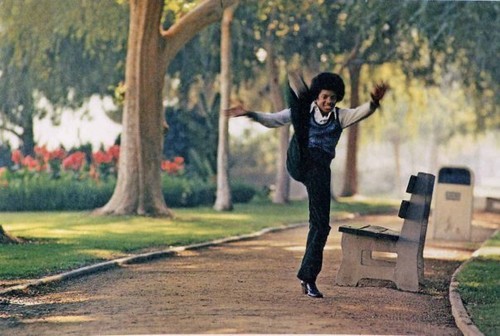Nearly seven months after Michael Jackson's death stunned the world, the official investigation of his death is edging toward conclusion with prosecutors prepared to seek an indictment of Jackson's doctor on a charge of involuntary manslaughter, The Associated Press has learned.
The fate of Dr. Conrad Murray has been the subject of speculation since he found Jackson unconscious in his home in Los Angeles last June. Jackson was preparing for a strenuous concert comeback in London, and Murray, a cardiologist, had been hired as his personal physician for the tour.
A law enforcement source who spoke on condition of anonymity because the investigation remains open said Friday that Murray would be prosecuted on a theory of gross negligence alleging that his treatment of Jackson was an extreme departure from the standard of care normally followed by physicians.
The coroner has ruled Jackson's death at age 50 was a homicide caused by acute intoxication by the powerful anesthetic propofol, with other sedatives a contributing factor.
Propofol depresses breathing and heart rate while lowering blood pressure, so it's supposed to be administered by an anesthesia professional in a medical setting.
The singer died after Murray administered propofol and two other sedatives to get the chronic insomniac to sleep, court documents state. Murray told police he left the room to use the bathroom, and phone records show he also made calls for 47 minutes around the time Jackson encountered problems.
When Murray realized Jackson was unresponsive, he began frantic efforts to revive him, but Jackson never regained consciousness.
The coroner found the propofol was administered to Jackson without any medical need and that recommended resuscitation equipment was missing.
As the police investigation neared an end, criminal attorney J. Michael Flanagan said Friday he had been hired to join Houston attorney Edward Chernoff in representing Murray.
In addition, Chernoff released a statement saying he had not received notice that a grand jury was hearing the case or inviting Murray to testify.
Chernoff spokeswoman Miranda Sevcik said earlier that Murray neither prescribed nor administered anything that should have killed Jackson.
Flanagan previously worked in the media spotlight representing Britney Spears in a hit-and-run case. He said he tried a propofol case several years ago, representing a nurse who was acquitted after it was shown she played no role in administering propofol to a patient who died.
Flanagan said there was a difference between a nurse's role and "a very sophisticated doctor making a medical judgment."
To prove gross negligence, he said, prosecutors would have to show a conscious indifference for life.
"This trial could end up being a trial of medical practice," he said. "The question is what discretion does a doctor have to treat a patient, and if a doctor makes a mistake, is it a crime?"
Jackson family spokesman Jesse Derris said he had no immediate comment from the family.
A final legal action could be weeks away, after the case is formally transferred to the district attorney's office by the Los Angeles Police Department. If a grand jury indictment is sought, secret hearings would be held, and the panel would have the final decision on possible charges.
An involuntary manslaughter conviction carries a potential sentence of two to four years in prison.
The district attorney's office is waiting for Los Angeles police to turn over the case before presenting it to a grand jury, the source said.
However, a spokeswoman for the district attorney's office denied that any decisions have been made.
"We have been working closely with the Los Angeles police during the pendency of this investigation," spokeswoman Sandi Gibbons said. "There is no case before us at present, and no final decision has been made."
To prove a charge of involuntary manslaughter, authorities must show there was a reckless action that created a risk of death or great bodily injury. If a doctor is aware of the risk, there might also be an issue of whether the patient knows that risk and decided to take it.
A large number of witnesses have been interviewed by police, including those who were present during Jackson's last days and those who worked with him in preparation for his comeback concert, "This Is It."
Authorities have also lined up medical expert witnesses to testify about the normal standard of care in a situation such as Jackson's and to give opinions on why Murray's actions constituted gross negligence, the source said.
Murray's professional history is expected to be explored during a trial with an emphasis on whether he had the required expertise in administering propofol.
The timing of an indictment would be dictated by two factors — how long it takes for the district attorney's office to conduct an internal review of the evidence and when the grand jury will be available to hear the case.
The person said it was thought that it would be more efficient to go to a grand jury than to charge Murray and proceed by way of a preliminary hearing. A presentation to the grand jury where witnesses testify behind closed doors could take three to five days.
The fate of Dr. Conrad Murray has been the subject of speculation since he found Jackson unconscious in his home in Los Angeles last June. Jackson was preparing for a strenuous concert comeback in London, and Murray, a cardiologist, had been hired as his personal physician for the tour.
A law enforcement source who spoke on condition of anonymity because the investigation remains open said Friday that Murray would be prosecuted on a theory of gross negligence alleging that his treatment of Jackson was an extreme departure from the standard of care normally followed by physicians.
The coroner has ruled Jackson's death at age 50 was a homicide caused by acute intoxication by the powerful anesthetic propofol, with other sedatives a contributing factor.
Propofol depresses breathing and heart rate while lowering blood pressure, so it's supposed to be administered by an anesthesia professional in a medical setting.
The singer died after Murray administered propofol and two other sedatives to get the chronic insomniac to sleep, court documents state. Murray told police he left the room to use the bathroom, and phone records show he also made calls for 47 minutes around the time Jackson encountered problems.
When Murray realized Jackson was unresponsive, he began frantic efforts to revive him, but Jackson never regained consciousness.
The coroner found the propofol was administered to Jackson without any medical need and that recommended resuscitation equipment was missing.
As the police investigation neared an end, criminal attorney J. Michael Flanagan said Friday he had been hired to join Houston attorney Edward Chernoff in representing Murray.
In addition, Chernoff released a statement saying he had not received notice that a grand jury was hearing the case or inviting Murray to testify.
Chernoff spokeswoman Miranda Sevcik said earlier that Murray neither prescribed nor administered anything that should have killed Jackson.
Flanagan previously worked in the media spotlight representing Britney Spears in a hit-and-run case. He said he tried a propofol case several years ago, representing a nurse who was acquitted after it was shown she played no role in administering propofol to a patient who died.
Flanagan said there was a difference between a nurse's role and "a very sophisticated doctor making a medical judgment."
To prove gross negligence, he said, prosecutors would have to show a conscious indifference for life.
"This trial could end up being a trial of medical practice," he said. "The question is what discretion does a doctor have to treat a patient, and if a doctor makes a mistake, is it a crime?"
Jackson family spokesman Jesse Derris said he had no immediate comment from the family.
A final legal action could be weeks away, after the case is formally transferred to the district attorney's office by the Los Angeles Police Department. If a grand jury indictment is sought, secret hearings would be held, and the panel would have the final decision on possible charges.
An involuntary manslaughter conviction carries a potential sentence of two to four years in prison.
The district attorney's office is waiting for Los Angeles police to turn over the case before presenting it to a grand jury, the source said.
However, a spokeswoman for the district attorney's office denied that any decisions have been made.
"We have been working closely with the Los Angeles police during the pendency of this investigation," spokeswoman Sandi Gibbons said. "There is no case before us at present, and no final decision has been made."
To prove a charge of involuntary manslaughter, authorities must show there was a reckless action that created a risk of death or great bodily injury. If a doctor is aware of the risk, there might also be an issue of whether the patient knows that risk and decided to take it.
A large number of witnesses have been interviewed by police, including those who were present during Jackson's last days and those who worked with him in preparation for his comeback concert, "This Is It."
Authorities have also lined up medical expert witnesses to testify about the normal standard of care in a situation such as Jackson's and to give opinions on why Murray's actions constituted gross negligence, the source said.
Murray's professional history is expected to be explored during a trial with an emphasis on whether he had the required expertise in administering propofol.
The timing of an indictment would be dictated by two factors — how long it takes for the district attorney's office to conduct an internal review of the evidence and when the grand jury will be available to hear the case.
The person said it was thought that it would be more efficient to go to a grand jury than to charge Murray and proceed by way of a preliminary hearing. A presentation to the grand jury where witnesses testify behind closed doors could take three to five days.


